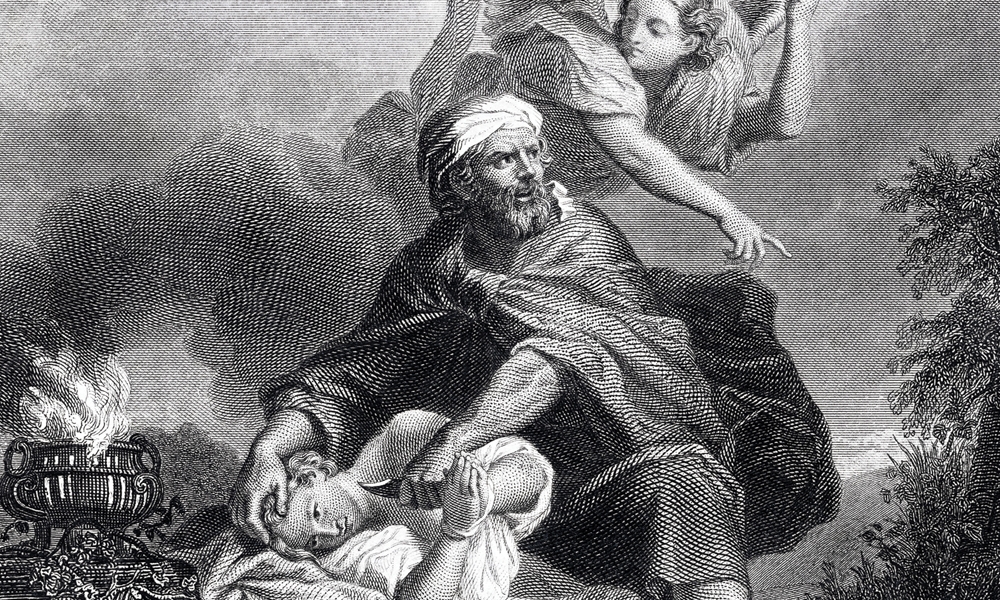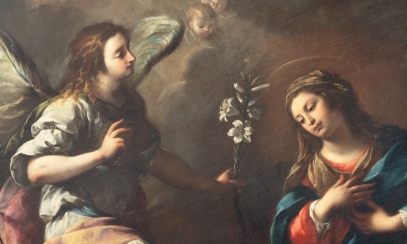
Pilgrims of Hope
Lessons in God's Faithfulness
Lessons in God's Faithfulness
Dear brothers and sisters,
Dear brothers and sisters,
We pilgrims of hope in this Holy Year need examples of hope. The Old Testament provides us with two. Paul, in his Letter to the Romans, cites Abraham. This Father in Faith adhered to God despite seeing very few of the many promises God had made to him. Paul adds: “He is our father in the sight of God…. He believed, hoping against hope, that he would become the ‘father of many nations.’” (Rom 4:17-18) This hoping against hope seemed to be quite typical in Abraham’s life. Where was the land? Where were the nations? Where, in fact, was the son?
When Isaac did arrive, this was, for Paul, a sign of life rising from death for this old patriarch, Abraham. This became even more evident in the sacrifice of Isaac. I remember studying this scene as part of my Biblical Licentiate program and particularly some later rabbinic views that Isaac was actually sacrificed and then raised from the dead. What was the goal of Abraham’s hope that allowed him to try to carry out God’s summons? There was no hope of a resurrection at that time. Rather, it was simply Abraham’s great hope in God himself, in his power and authority and care for Abraham and his future progeny.
Ultimately, our hope relies solely upon our trust that God will see us through. The sacrifice of Isaac is thus a manifestation of that hope. There are many trials in our own lives, times when we feel very bound up by all the demands in our lives. It is only this kind of hope in a faithful God, something we really do believe, that can make us pilgrims of hope.
King Hezekiah, another Jewish leader, ruled in Judah about 720 BC. (2 Kgs 16) The prophet Isaiah had urged Hezekiah’s father, King Ahaz, not to oppose the Assyrian Empire but rather to rely completely on God. Isaiah even presented a sign — the hope of a remarkable child. As we know, Ahaz was not interested and faced defeat. It was then left to his son, Hezekiah, whom Isaiah may have viewed as the predicted son, to lead Judah.
Hezekiah tried to gain greater independence from Assyria (see 2 Kgs 18-20). But Sennacherib, the Assyrian emperor, eventually captured most of Judah and besieged Jerusalem, sending a message to Hezekiah: “Do not let your God in whom you trust deceive you.” (2 Kgs 19:10) It is precisely that blind trust that Isaiah encouraged in Hezekiah that saw the city of Jerusalem and its king through the trials of the siege and soon sent Sennacherib fleeing back to Nineveh.
We need perseverance in holding to the God whom we believe to be the faithful one. Our hope in this faithfulness allows us to keep going knowing that everything is always according to God’s timetable, not ours.
Bishop Earl Boyea is the fifth bishop of the Catholic Diocese of Lansing.



